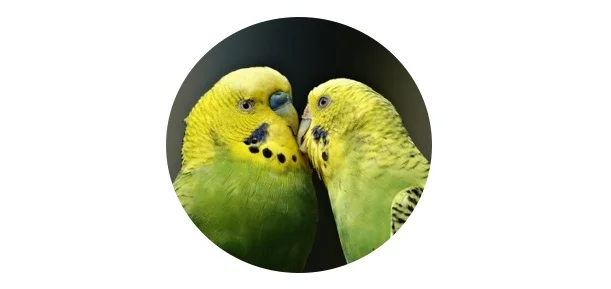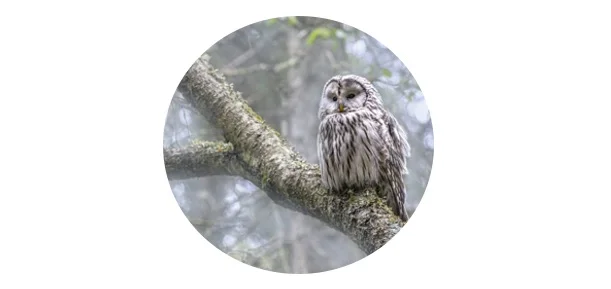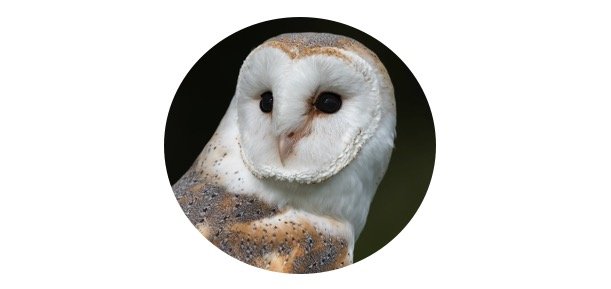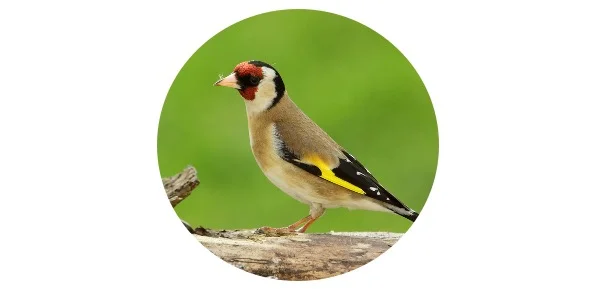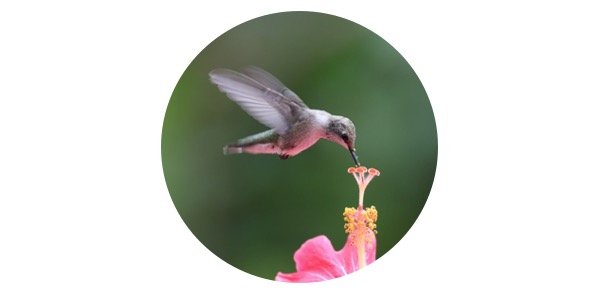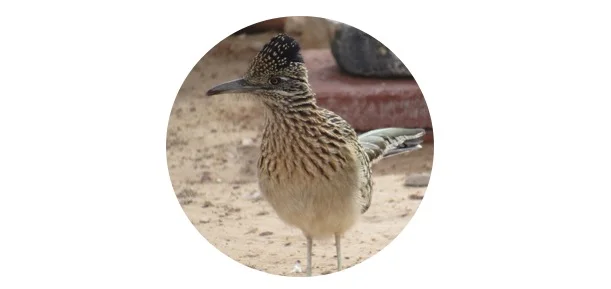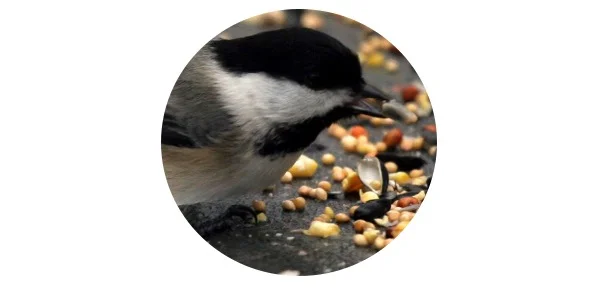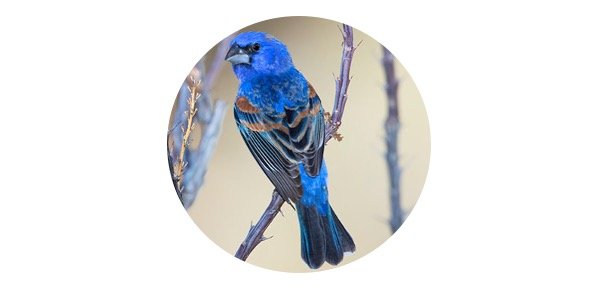Can Bird See Glass? All You Need To Know
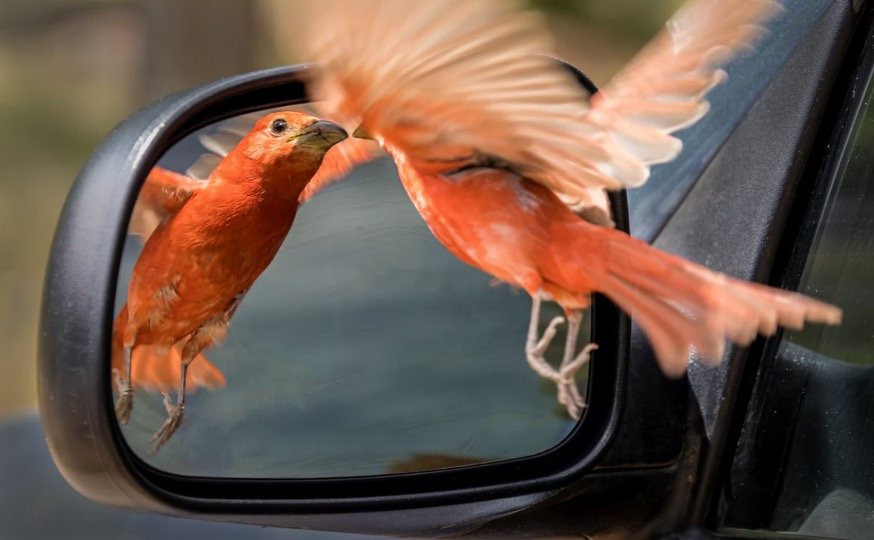
Table of Contents
Can Bird See Glass?
Birds have extraordinary eyesight. Eagles and falcons can see eight times further than humans, while owls have a specialized lens in the rear of their eyes to help them see at night.
Despite having vision that is normally superior to humans, birds are often wounded or killed when they fly into glass, raising the issue, do birds see glass?
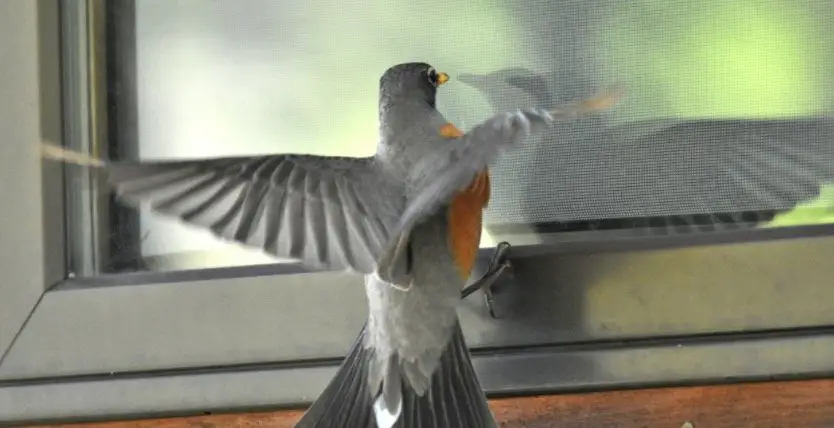
Birds do not learn the visual clues that tell their brain that an item is made of glass – glass is, after all, a human creation. Bird eyesight is fundamentally different from ours in that it is very keen, yet they do not detect depth in the same way that mammals do.
Furthermore, birds mistake reflections in glass, such as the sky and trees, for the genuine thing. In truth, most animals will not comprehend glass until they are given the opportunity to learn, just as humans are not born with awareness and comprehension of glass.
Modern glass is also very transparent, and people may sometimes walk into it, so it’s no surprise that birds make the same error while flying at high speeds.
Continue reading to learn more fascinating facts about how birds see glass.
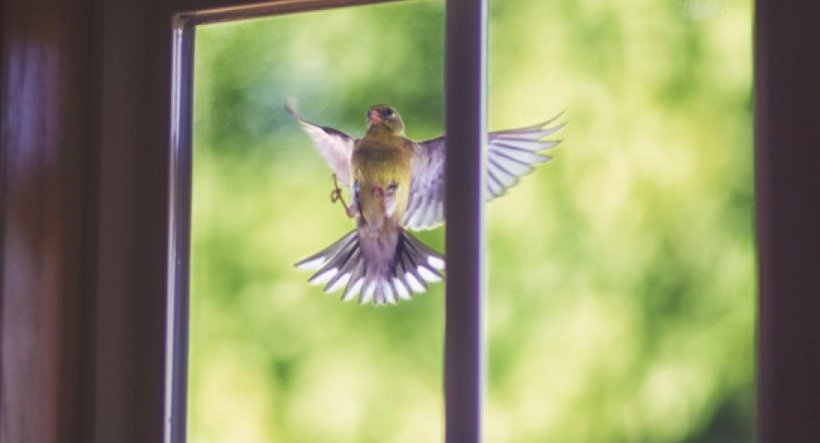
Why do birds fly into windows?
Most birds seem to be hyper-aware of their surroundings, which is why humans must frequently remain a safe distance while studying them in the field. If you come too near to a bird, its acute eyes will detect you, and it will fly away.
Next time you encounter a bird, take note of how enormous its eyes are in relation to its body, and hence to its brain – this is one of the reasons why avian eyesight is so keen. Birds’ eyes are not just huge, but they are densely packed with receptors to improve visual acuity and other adaptations such as additional lenses to reflect more light.
Despite this, millions of birds are killed each year by flying into windows, therefore it’s worth considering why birds are so clumsy around windows and glass. There are various possible reasons.
To begin, bird eyes are often positioned to the side of their heads to maximize field of view, but this sacrifices depth awareness. Human eyes, on the other hand, point straight forward, which means that the fields of vision of each eye overlap, which improves depth perception at the price of our field of vision.
This implies that birds may not detect the depth of 3D constructions including glass, such as skyscrapers. Birds also see and experience a broader range of colours than humans, as well as more strongly.
Birds frequently mistake their reflection for another bird, most likely because they sense the reflected colours vividly enough to misinterpret them as genuine. As a result, when birds view reflections of the sky, trees, and other objects in windows and glass, it seems realistic to them.
The most crucial point is that birds do not learn about glass in their natural surroundings; it is not part of their “curriculum.” If given the opportunity, birds and other animals will learn to see glass.
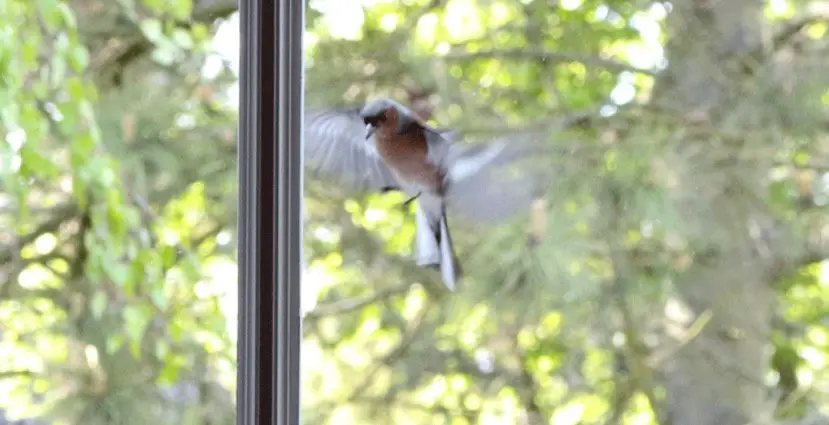
How to stop birds from flying into windows?
Bird-safe glass is now available from glass manufacturers and is used on the exterior of tower blocks and other tall buildings to reduce bird mortality and damage to the glass.
Bird-safe glass increases the reflection of UV that birds sense so vividly, assisting birds in seeing the glass as a barrier rather than merely a continuation of the environment. DIY options include blacking out windows wherever feasible, relocating plants away from windows, and affixing huge decals or posters to the windows.
You may also buy ‘birdsavers,’ which are speciality films made to be applied to the tops of windows; they’re popular for new eco-friendly home constructions and have other advantages such as reducing excessive infrared radiation.
Another do-it-yourself option is Zen curtains, which employ bits of thread strung across a window to alert birds that the window is not passable.
What to do if a bird strikes your window?
Whether you see or hear a bird hit your glass, look around to see if the bird has fallen to the ground. If they’re reasonably unhurt, it’s probable that they’ll fly away right away.
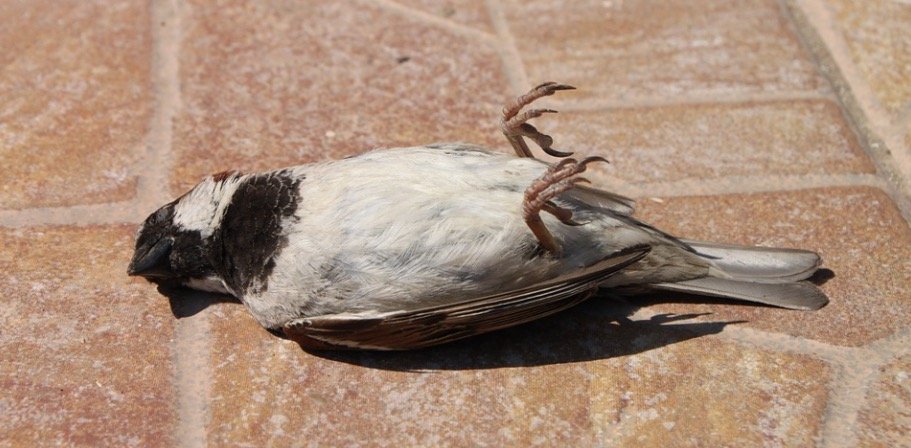
i. Is the bird alive or injured?
The bird may be shocked, wounded, or dead if it lies immobile on the ground. First, look for apparent injuries such as wounds or broken bones. Contact your local wildlife hospital if you suspect a broken wing, leg, or other damaged body part.
If the bird seems unharmed but isn’t moving, it might be dazed or killed by the hit. Check to see whether a bird’s beak is open and if it is breathing to determine if it is shocked or dead. If you place two fingers over its chest, you may be able to feel its heartbeat.
Don’t assume a bird is dead if you can’t detect its respiration or pulse, since they both decrease significantly when a bird is shocked. Place it in a box and wait to see whether it recovers, or get help from a wildlife hospital.
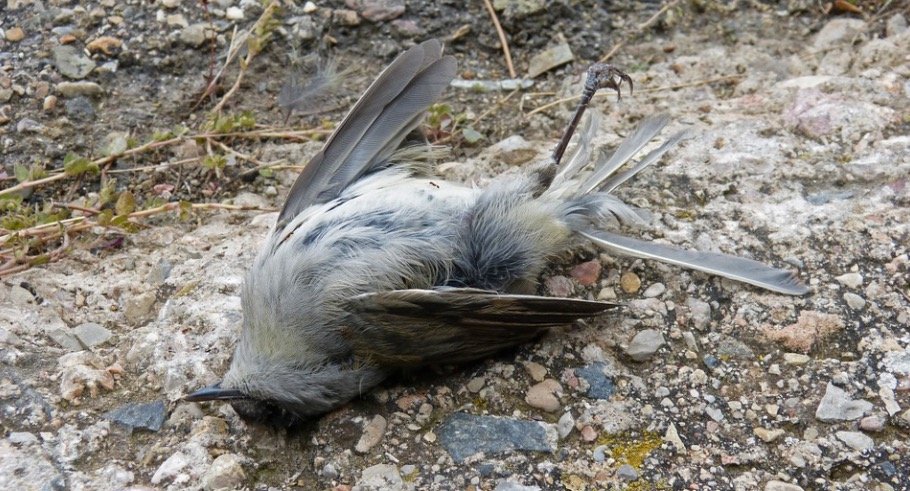
ii. Is the bird stunned?
Stunned birds have been knocked unconscious or concussed, and they must be allowed time to recuperate safely. If you think the bird is stunned, put it in a warm, dark box with comfortable cushioning. It might take 2 to 3 hours for stunned birds to recover.
Do birds die when they hit windows?
Given the velocity at which birds often fly when they collide with a window, many do not survive the collision. The actual number of birds killed by window impacts each year is unknown. The statistic 1 billion is frequently used, and it comes from a 1990 publication published in the Journal of Field Ornithology by biologist Professor Daniel Klem.
According to the British Trust for Ornithology, around 100 million bird accidents occur in the UK each year, with approximately one-third of these being deadly. These are just estimates, but they provide a sense of the situation, especially in cities that cross certain species’ migratory pathways.
Given migratory patterns, spring is considered the worst season for bird crashes, and towering structures are by far the worst offenders when compared to normal two-story dwellings.

